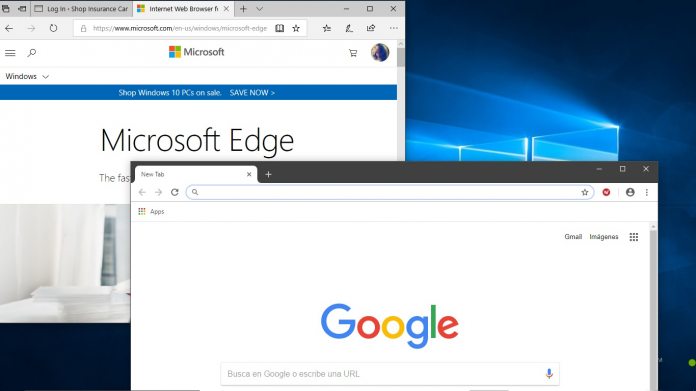Google's decision to stop using webRequest APIs for extensions that handle how third-party companies manage ad blocking in Google Chrome has been criticized. Called Manifest V3, it seems Google's plans stretch far beyond Chrome.
Manifest V3 will become part of Chromium, the web rendering solution that underpins Chrome. Of course, Chromium is used by other companies, most notably Microsoft and its new Chromium Edge browser.
It seems Google will bake its anti-webRequest APIs into all updated Chromium versions, which could mean Edge.
Google insists Manifest V3 will bring greater user protection. Under the system, ad blockers who previously used webRequest APIs to decide what to show a user on screen will be further restricted. Google has created a maximum of 30,000 rules to reduce the number of advertiser addresses used by software.
“In Manifest V3, we will strive to limit the blocking version of webRequest, potentially removing blocking options from most events (making them observational only). Content blockers should instead use declarativeNetRequest (see below). It is unlikely this will account for 100% of use cases (e.g., onAuthRequired). So we will likely need to retain webRequest functionality in some form.”
Edge Competition
The bottom line is, Google is not going to go out of its way to block ads. A vast majority of the company's revenue comes from ads, so love it or hate it, Google will always be pro ads.
While Google may see Manifest V3 has a step forward, Microsoft may see it differentlY. Still, the company could be along for the ride regardless. It is worth noting there are no guarantees all Chromium browsers will be forced into this move. Microsoft could be in a good situation. The company is looking for ways to differentiate Edge from Chrome and this could be a good start.






